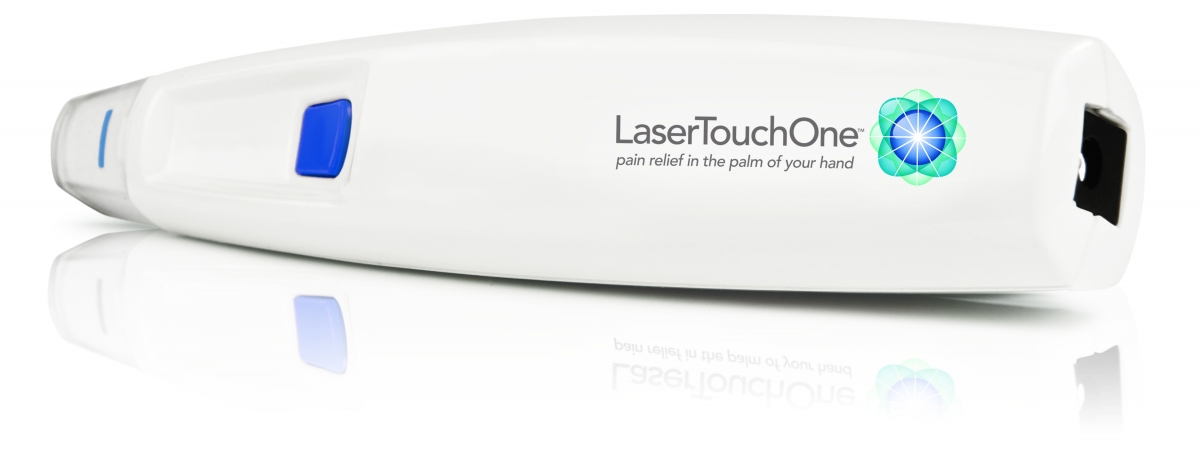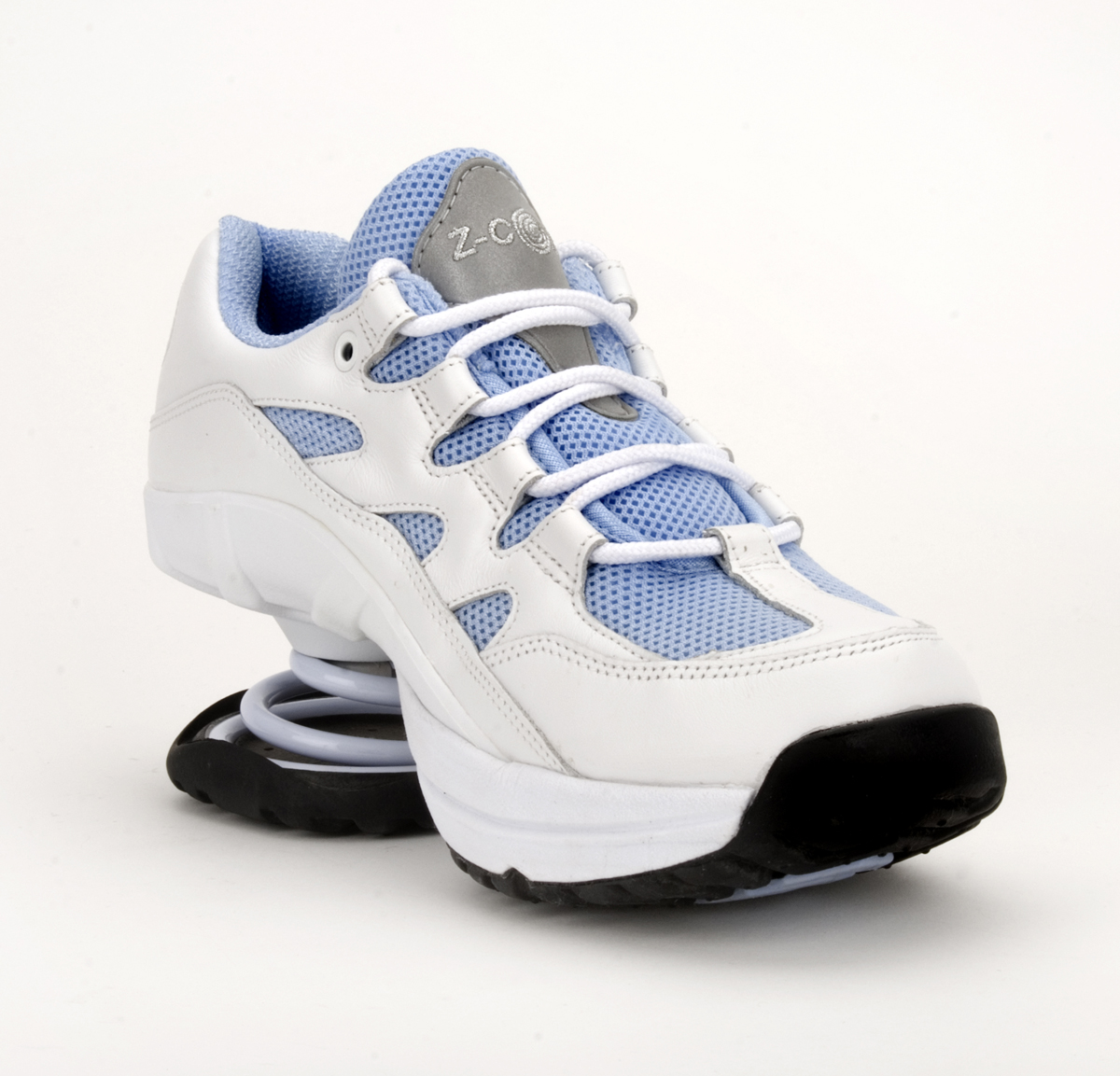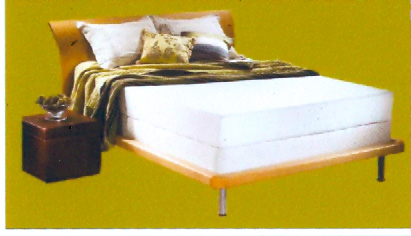Jim Greatorex, owner of three Black Bear Medical stores in Maine, is possibly the most optimistic person in HME. “I’m more excited about this industry right now than I’ve been in the last 10 years,” he says. Where others might see roadblocks and hardship, Greatorex sees possibility. That might be because, from the very start, he’s focused on building a strong retail arm of his business. “Our Medicare mix is below 15 percent and that’s where we like it to be,” he says. “The retail mix seems to climb a percentage point every year—it was 24 percent [in 2011]. In our biggest office, it’s more than that.”
Greatorex shared his perspective on the state of the industry and advice for HME providers looking to add more cash to their revenue stream.
Why have you focused so heavily on retail?
We have always had a retail focus, especially since 1994 when I merged with my current partner in the Portland market. We moved into a location between a grocery store and a CVS pharmacy. It was right on the way to everything, and we really took off retail-wise. We have constant traffic, and have become well known for selling anything medical. Instead of trying to take on only highly profitable products, we try to always fill orders instead of just saying, “No we
don’t carry that.”
How do you find good retail employees?
We’ve discovered that you can pull in people from different industries and get the benefit of the skills they developed in those industries. Big box store employees are a good example: They know how to merchandise, how to initiate and proceed with a retail transaction, how to wait on people. Just because you know medical things doesn’t mean you know how to relate to people, have patience, be a good listener, all the things required for a retail transaction.
My retail marketing manager came from the cell phone industry. He started as one of the main sales people in a company that grew to be a $700 million company, so he definitely knows how to start from scratch and build something. But he wasn’t getting any of the “feelgood” out of it—he wasn’t helping anybody; he wanted to have a greater purpose. What’s wonderful about our industry is you can make a business out of it by performing services that change peoples’ lives for the better.
What are some retail products that you find exciting?
 Noncovered pain products are a big one. A huge segment of this country has some kind of ongoing pain issue, and they will pay to have the pain go away.
Noncovered pain products are a big one. A huge segment of this country has some kind of ongoing pain issue, and they will pay to have the pain go away.
 We’ve been carrying the Z-Coil shoe line for a year. The thing with these products is they’re very unique and we have to figure out a marketing campaign that will get people to come into an HME store to buy shoes. That’s kind of weird to them. We’re trying to approach large companies that have employees who are on their feet all day—hospitals, industrial factories. If you get a payroll deduction, you can get a real win.
We’ve been carrying the Z-Coil shoe line for a year. The thing with these products is they’re very unique and we have to figure out a marketing campaign that will get people to come into an HME store to buy shoes. That’s kind of weird to them. We’re trying to approach large companies that have employees who are on their feet all day—hospitals, industrial factories. If you get a payroll deduction, you can get a real win.
 We also have a line of mattresses, which is another challenge, because the furniture market is extremely competitive. We carry the Sleep & Wellness Centers line—we actually fit people to them to address their medical conditions. The hurdle is that we don’t have the advertising budget of a furniture store, so we have to market them differently.
We also have a line of mattresses, which is another challenge, because the furniture market is extremely competitive. We carry the Sleep & Wellness Centers line—we actually fit people to them to address their medical conditions. The hurdle is that we don’t have the advertising budget of a furniture store, so we have to market them differently.
All of these products have stories behind them; they require salesmanship and expertise. So you have to go to the clinical end and tell them you have noncovered products that will help their patients and ask them if they’ll just let their patients know you have them.
Why are you so optimistic about the HME industry?
The tree has been shaken. If you’re still standing [after competitive bidding], that
means there are other businesses that aren’t. They had clients who are all free agents now—you can pull them in without having to work that hard, they’re just out there.
I think it’s all attitude. Every roadblock that comes up means there’s an opportunity in another direction. I mean, we’ve got all these people who are getting older who need things; the market couldn’t be more robust than it is right now. Seniors going into retirement have more disposable income than anybody in the history of the world. I can’t not see that as an opportunity.
Senior Care Products, Winter 2011
